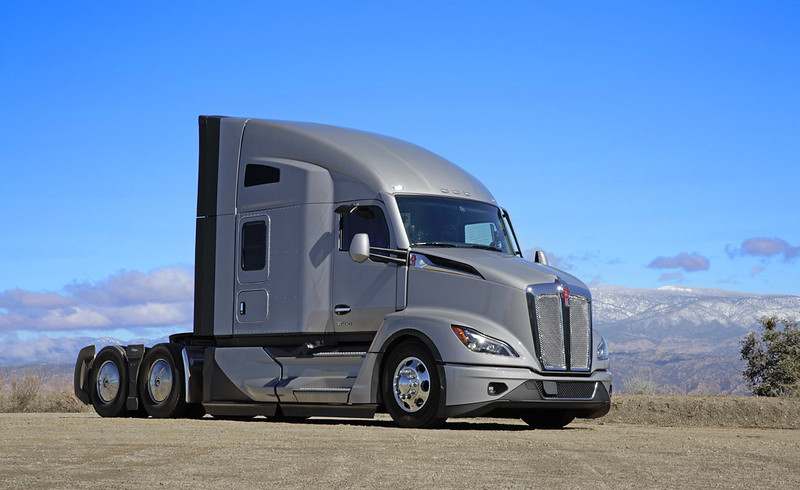Kenworth names its dealer, parts council for 2026
Kenworth Truck Company has named the members of its 2026 Dealer Council and Parts Council following its annual dealer meeting.
The councils are intended to support customer service, parts quality, and uptime across Kenworth’s network of 498 dealerships in the U.S. and Canada. The company said in a news release its Service Council will be announced later this spring.

The 2026 dealer council includes executives from six dealer groups representing Kenworth dealerships across North America. Members are: Mike Levering, chairman, Truckworx Kenworth of Birmingham, Ala.; Kyle Treadway, Kenworth Sales Company of Salt Lake City, Utah; Jared White, MHC Kenworth, Leawood, Kan.; Andrew Johnston, Inland Kenworth of Burnaby, B.C.; Carl Herzog, CIT Trucks, Normal, Ill.; and Scott Nichols, Palmer Group of Indianapolis, Ind.
Jake Nichols of Palmer Group of Indianapolis will serve as the Kenworth line representative for the American Truck Dealers (ATD).
The 2026 parts council includes: Eric Bontrager, national chairman, CSM Companies, Madison, Wis.; Barry Collens, Inland Kenworth, Tolleson, Ariz.; Jacob Herzog, CIT Trucks of Mokena, Ill.; Ryan Colby, Kenworth Sales of West Valley City, Utah; Jeff Weaver, Truckworx Kenworth, Birmingham, Ala.; Teague Miller, Kenworth of Pennsylvania, of Carlisle, Pa.; Jason Wheeler, Inland Kenworth, Burnaby, B.C.; Sébastien Letendre, Kenworth Maska of La Présentation, Que. Carl Herzog, CIT Trucks, Normal, Ill., will be representing the dealer council.
Have your say
This is a moderated forum. Comments will no longer be published unless they are accompanied by a first and last name and a verifiable email address. (Today's Trucking will not publish or share the email address.) Profane language and content deemed to be libelous, racist, or threatening in nature will not be published under any circumstances.